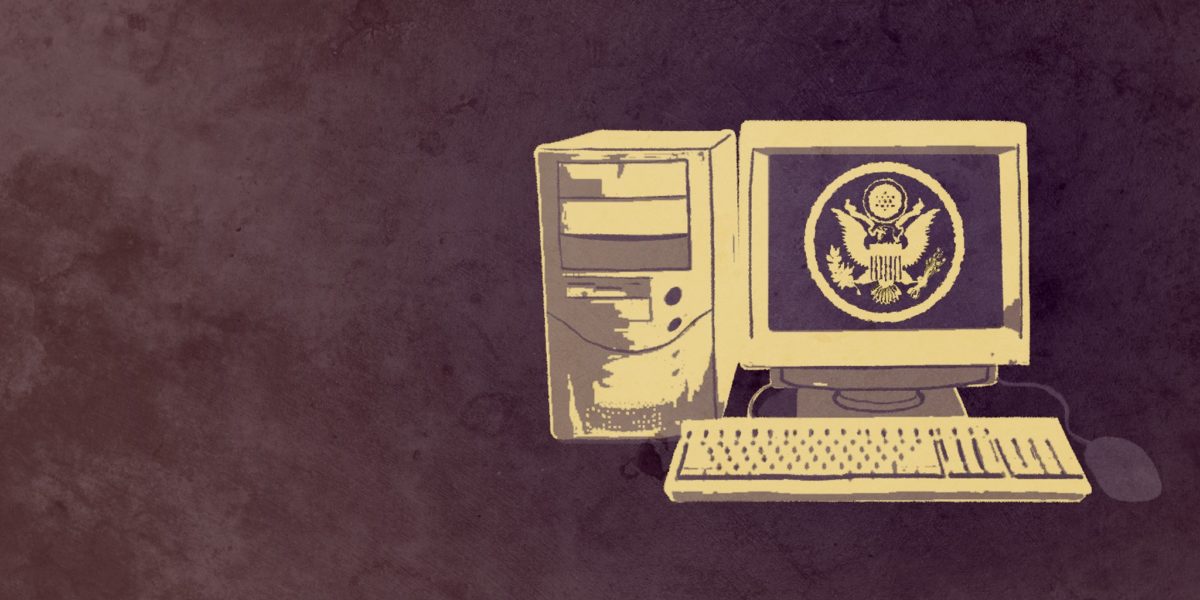The events going on in Hong Kong at the moment have not gone unnoticed. This blog will focus on these events and how some companies have managed to get themselves into what seems like difficult situations by siding with China.
The first of these companies is Activision Blizzard. This video game company has become the center of controversy after banning a professional Hearthstone player for 12 months and confiscating his prize money (Wood 2019a). Blizzard did this after the player voiced his support of Honk Kong on his live stream. This act has resulted in international attention, with politicians condemning the company, users deleting their accounts and employees of Blizzard quitting their job (Gault 2019).
A second company under scrutiny is Apple. The company sparked outrage by deleting the app HKmap.live from their App Store. This app was used by protestors to share the location of the police, so they could plan their movements according to this information. Apple deleted the app from their App Store stating it was used to endanger the lives of law enforcement and residents of Hong Kong (Holmes 2019). This has resulted in politicians and consumers condemning the company for siding with an authoritarian regime (Wood 2019b).
The question remains: Do the actions of these companies have consequences for their future? Unfortunately at the moment this does not seem to be the case. Stock prices for both companies have remained stable during these events (Teletrader 2019) and while users reported their intention of deleting their Blizzard accounts, the company is experiencing great times at the moment with the release of World of Warcraft Classic this summer and Call of Duty: Modern Warfare set to release later this week. So while the outrage was definitely there, it looks to be only a vocal minority actually taking action.
Gault, M. (2019). Blizzard’s Hong Kong Screw-Up Is Officially an International Incident. Accessed on 21 October 2019, from https://www.vice.com/en_us/article/bjw535/blizzards-hong-kong-screw-up-is-officially-an-international-incident
Holmes, A. (2019). Apple is getting slammed by both Republicans and Democrats for pulling an app used by Hong Kong protesters to monitor police activity. Accessed on 21 October 2019, from https://www.businessinsider.nl/apple-criticized-by-lawmakers-for-removing-hkmaplive-from-app-store-2019-10?international=true&r=US
Teletrader. (2019). AAPL 240.70 USD – TeleTrader.com. Accessed on 21 October 2019, from https://www.teletrader.com/apple-inc/stocks/details/tts-117450490
Wood, C. (2019a). California-based game company Blizzard bans pro esports player and confiscates his prize money after he voices support for Hong Kong protesters. Accessed on 21 October 2019, from https://www.businessinsider.nl/blizzard-bans-esports-player-blitzchung-supporting-hong-kong-protests-interview-2019-10?international=true&r=US
Wood, C. (2019b). Hong Kong lawmaker calls Apple an “accomplice for Chinese censorship” – Business Insider. Accessed on 21 Oktober 2019, from https://www.businessinsider.com/hong-kong-lawmaker-says-apple-is-accomplice-for-chinese-censorship-2019-10?r=US&IR=T








